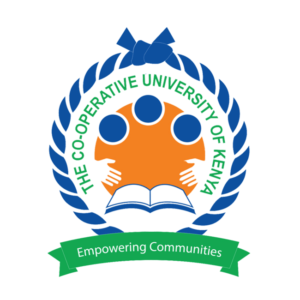The university in the revised strategic plan 20217-2022 embarked on an ambitious project of automating critical university processes. This was borne out of the need to improve her operational efficiency with the overall goal of reducing operational expenses. Several processes were identified that were heavily manual and caused unnecessary delays in service delivery for the initial phase of automation.
Long queues at the Admissions and Students Finance Office were singled out as a good starting point. By automating the admission registration, finance registration, and unit registration, the university was re-affirming its commitment to giving the students a seamless experience when being admitted, at the point of making their fee payments, and during the registration of their units for the semester. This automation process did not only see a reduction in the long queues but also allowed for the integration of the university system with the banking and M-PESA systems. Our students could quickly login to their students portal (https://studentportal.cuk.ac.ke/portal/) and easily provide critical biodata information. This would allow the university to map out the students based on their gender, county of origin, and even the high school they are coming from. The automation of the finance registration meant that our customers could pay their fees using a mode of their choice and from anywhere within Kenya. The successful implementation of this critical automation paved way for the final payment-related process, hostel booking. Students are now able to book for their hostels online and hold the room for a maximum of one hour, within which they are required to pay and confirm their booking. This model was borrowed from the experience most of us have when accessing government services through the eCitizen portal. The overall effect of this automation meant that the revenue collection for the university was not only timely but also greatly improved.
Lecturer evaluation was the other critical service that was automated with the strategic period 2017-2022. The automation of this process allowed the Directorate of Academic Quality Assurance (DAQA) to easily collect and analyze feedback from students about individual course lecturers. This was a departure from the old system where students were required to collect hard copies of the evaluation form, fill the forms and drop them at their respective Departments. This then would follow a process where all the forms had to be collected and the coding process for the qualitative information began. This system by and large resulted in delays in identifying any academic quality issues and instituting corrective occasions plans for the areas that had shortcomings. Automation of this process did not only make it easier for students to evaluate their course lecturers but also allowed the academic quality assurance team the latitude of including mid-semester evaluations which in turn allows them to identify challenges within a semester and institute corrective action and measures.
The final module that has been successfully implemented within the strategic period was the Performance Contracting (PC) module. This allowed the University’s Planning Department to easily receive and cascade the PC targets to the various levels in the organization. This greatly reduced the amount of time taken to do the cascading while allowing the respective departments enough time to implement their respective targets. The systems also allow the respective departments to upload their evidence making the process of reporting much more efficient and effective.
